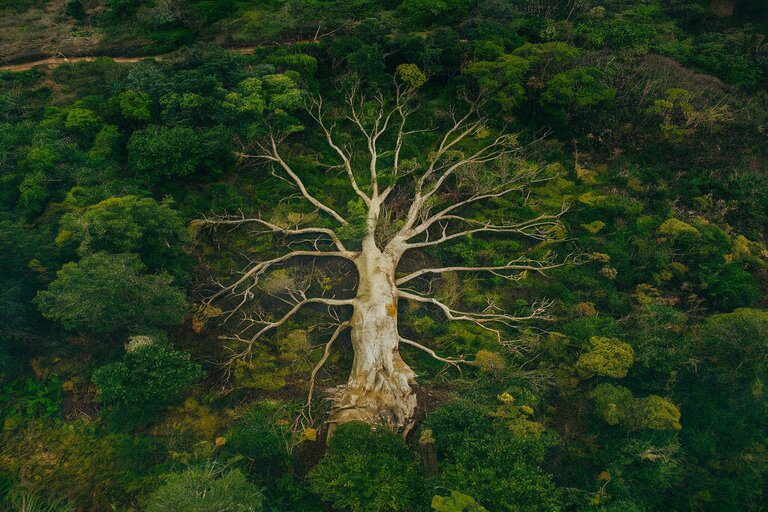
What Will Happen If Amazon Forest Is Destroyed
The Amazon Rainforest, often referred to as the “lungs of the Earth,” is one of the most vital ecosystems on our planet. Spanning over nine countries in South America and covering more than 5.5 million square kilometres, it is home to an incredible diversity of life, from tall trees to tiny insects but what if this amazing forest disappears will it happen? The consequences will be devastating in many ways, environmentally, economically and socially.
1 Climate Chaos:
One of the most important functions of the Amazon is to control the Earth’s atmosphere. Forests absorb large amounts of carbon dioxide (CO2) and release oxygen through photosynthesis. The Amazon accounts for about 20% of global oxygen production. If the Amazon were destroyed, the carbon stored in its trees would be released back into the atmosphere as CO2, a potent greenhouse gas. This will accelerate global warming, leading to more extreme weather, rising sea levels, and unpredictable weather patterns.
If the Amazon can’t regulate temperature and humidity, we could see a dramatic change in the global climate system. The Amazon influences the weather in far South America, and rainfall also affects North America, Europe and Asia. Its destruction could cause droughts in some areas, floods in others, and destroy agriculture, water supplies and the livelihoods of millions of people.
2 Loss of Biodiversity:
The Amazon is one of the most biodiverse areas on Earth, home to about 10% of the planet’s known species. If the rainforest disappeared, there would be the extinction of countless species of plants and animals. Many of these species are found nowhere else in the world, making their loss irreversible. This would be a tragedy not only for the natural world but also for humanity, as many plants in the Amazon have potential medicinal properties. The destruction of rainforests would mean the loss of medical discoveries that are not used to benefit future generations.
3 Disruption of the Water Cycle:
The Amazon rainforest plays an important role in the global water cycle. Through a process called transpiration, trees release water vapor into the atmosphere, which forms clouds and rain. This cycle helps regulate the climate not only in the Amazon but also in other parts of the world. If the Amazons are destroyed, there will be more rainfall, causing drought in South America and potentially worsening climate worldwide Losing rainforests could also affect major river flows, potentially displacing millions of people to so the so rare.
4 Economic Impact:
Amazon plays an important role in the global economy, especially in sectors such as agriculture, pharmaceuticals and tourism. Deforestation will devastate these industries, causing economic losses not only in South America, but also globally.
For example, the impact of the Amazon on the global climate will greatly affect agriculture. Crops such as soybeans, coffee and cocoa, vital to the economies of many countries, depend on the harsh Amazonian climate, which the Amazon helps to sustain. The pharmaceutical industry will not have access to many plant species that can serve as sources of new medicines. And a tourism industry that relies on the unique natural beauty of the Amazon will miss out on one of the most iconic places in the world.
5 Animals live in the Amazon:
The Amazon is the last refuge on earth for jaguars, harpies, crocodiles, one of the pink river dolphins, sloths, black spider monkeys, poison arrow frogs and one of the 10 species known to this land, there are 40,000 species of plants, 3 ,000 species of freshwater fish and more than 370 reptiles.Since 1999, more than 2,000 new plant and vertebrate species have been described, including a monkey that squeals like a rat around.
The Way Forward
The potential for degradation of the Amazon rainforest is not just an environmental issue; It is a global catastrophe with far-reaching consequences for every aspect of life on earth. We are taking immediate action to protect these important ecosystems, from supporting sustainable development practices to enforcing stronger environmental protections.
Conserving the Amazon is not just about protecting trees or protecting wildlife; It’s about protecting the future of our planet and the well-being of future generations. The time to act is now, before it is too late.